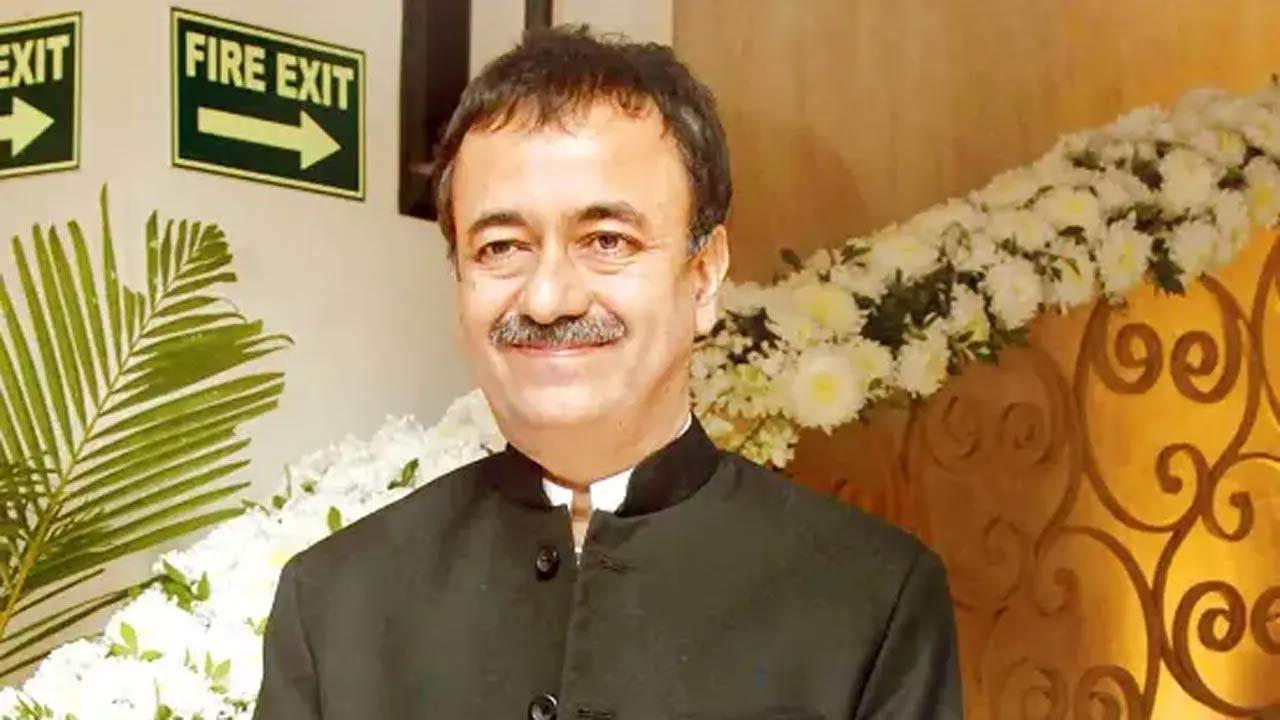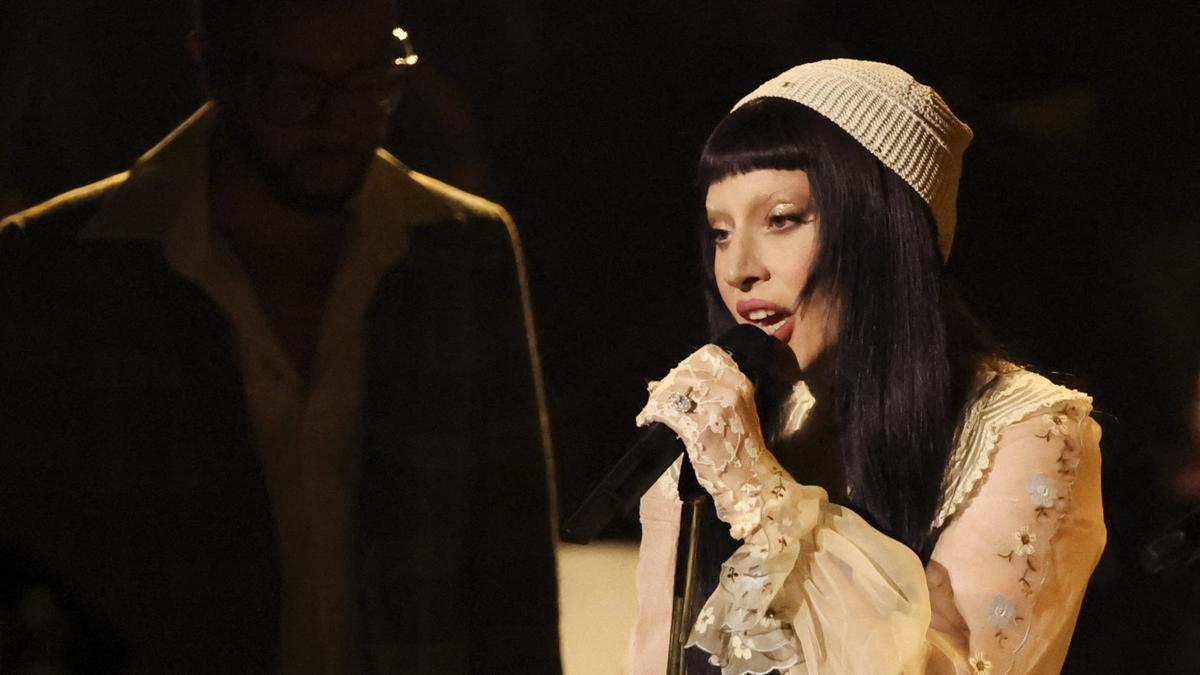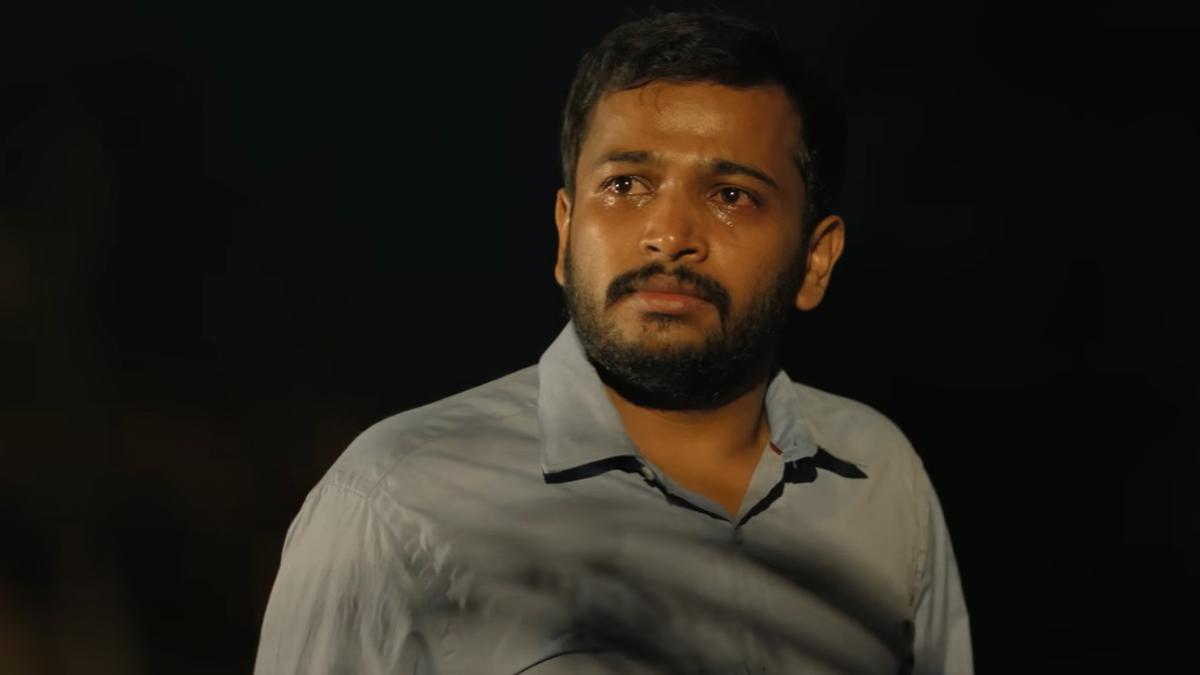
With an exhilarating blend of high-octane drama and socially relevant themes, “Kaatera” marks yet another successful collaboration between Kannada superstar Darshan and director Tharun Kishore Sudhir. This film surpasses the pair’s previous venture, “Roberrt,” providing audiences with greater reasons to savor the intoxicating thrill of commercial cinema at its finest.
“Kaatera” unfolds amidst the tumultuous era of feudal oppression, a period when farmers bore the brunt of wealthy landlords’ cruelty. At this historical juncture, Chief Minister Devaraj Urs’s land reforms promise new hope for the downtrodden. However, the voracious Zamindars conspire to ensure the status quo remains unchallenged. It is against this backdrop that Kaatera, portrayed with magnetic vigor by Darshan, emerges as a blacksmith both brave and upright. His resolve to dismantle the shackles of caste discrimination and liberate his people ignites the core narrative.
Tharun Sudhir’s impeccable writing underpins pivotal moments within the film, elevating it to more than just an engaging social drama. He skillfully layers the movie’s serious undertones with a generous help of ‘masala’ elements, reminiscent of the tried-and-tested ‘Baasha’ formula. Darshan’s character is introduced as a gentle and compassionate man, yet beneath this tranquil exterior lies a fierce warrior ready to defy his placid disposition at a moment’s notice.
The film bides its time before fully unveiling its hero; anticipation grows until the director fully unleashes a spectacle of fanfare. Sudhir is in tune with Darshan’s capabilities, and coupled with Sudhakar S Raj’s keen-eyed cinematography, succeeds in amplifying the potency of a true star-driven narrative. “Kaatera” does more than justice to Darshan’s commanding on-screen presence—his authoritative body language, piercing gaze, and powerful oratory are all captured in full splendor, with the stirring background score by V Harikrishna enhancing these traits.
While the movie features only three action segments, each is infused with Tharun’s creative spark, ensuring audiences remain perched on the edge of their seats. His directorial flair promises only to refine with time. The screenplay affords ample opportunity for Darshan the actor to truly shine. Whether it’s conveying Kaatera’s trials or inciting the farmers to rise up against tyranny, Darshan’s performance is nothing short of convincing.
The writing team, including co-writer Jadesh and dialogue writer Maasthi Upparahalli, navigates the narrative with precision, balancing commercial tropes with poignant messages centered on the plight of farmers and the denunciation of caste-based discrimination. The dialogues strike a delicate balance, realistic and impactful enough to evoke enthusiastic audience reactions.
In her debut role, Aradhana Ram (daughter of the acclaimed actor Malashree) delivers a commendable performance, imbuing her character with tangible substance. However, at a three-hour runtime, “Kaatera” risks wearing out its audience, perhaps stretched by one musical number too many. Additionally, the film’s climax may come across as overly convenient for some viewers.
These, though, are minor pitfalls in what is otherwise a robust old-school commercial entertainer. The Kannada film industry thrives on such adeptly executed ‘masala’ movies to maintain a diverse cinematic ecosystem. Darshan’s earlier release, “Kranti,” faltered by failing to harmonize its message with entertainment, a misstep “Kaatera” neatly sidesteps. Fans of the superstar, who have been waiting with a potent mix of frustration and expectation, can now heave a sigh of relief and delight. “Kaatera” is here, and it is here to make a statement, for it is a celebration of what commercial cinema, when done right, can truly embody.










